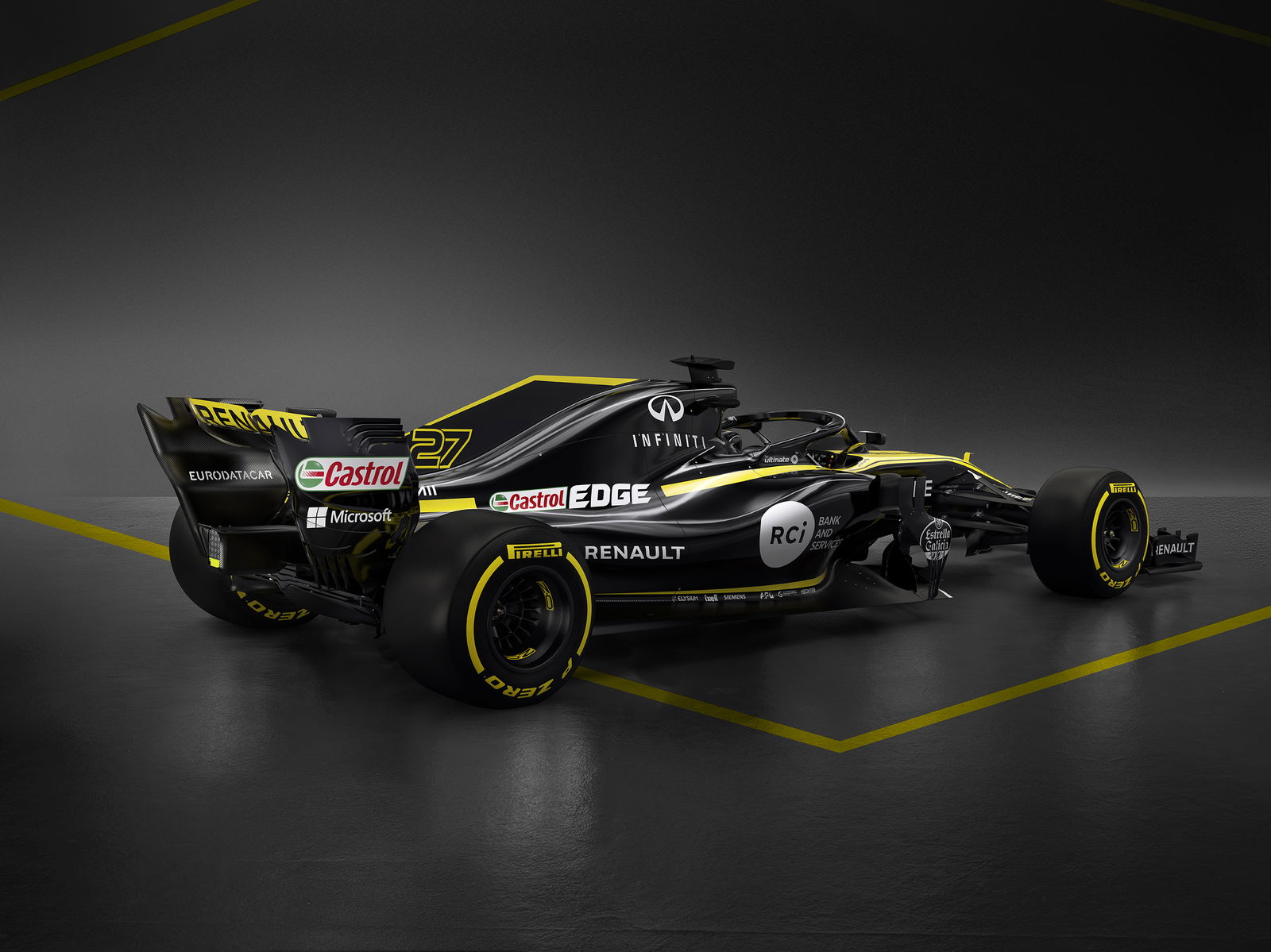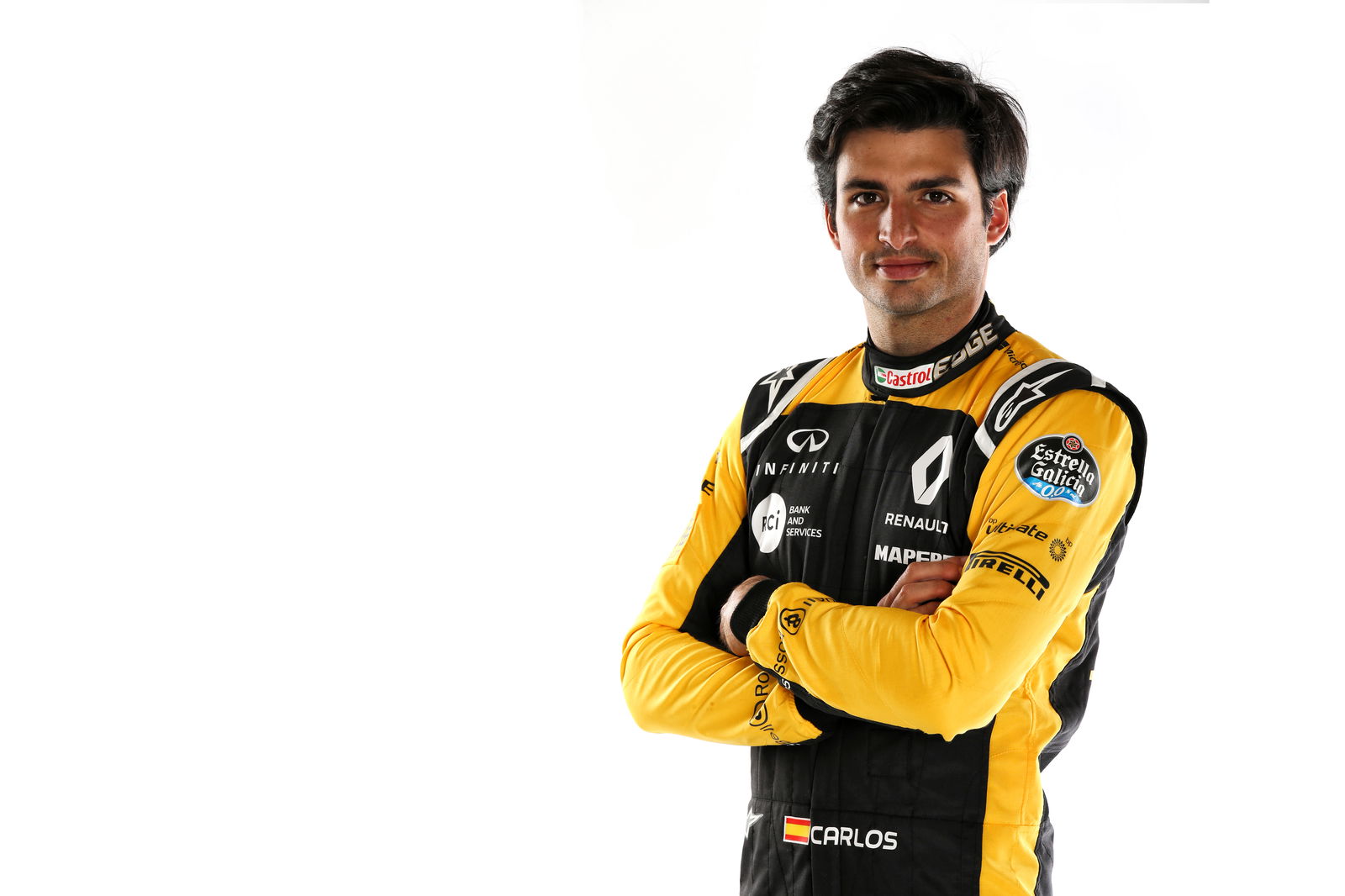F1: Renault’s ‘extensive dyno work’ targets reliability gains
Renault technical director Remi Taffin says the Formula 1 team has run its longest and most intensive dyno programme on its 2018-specificiaton power unit to maximise its reliability potential due to the incoming rule changes.

Renault technical director Remi Taffin says the Formula 1 team has run its longest and most intensive dyno programme on its 2018-specificiaton power unit to maximise its reliability potential due to the incoming rule changes.
For 2018 all F1 drivers will only be allowed a maximum of three internal combustion engines (ICE), heat motor generator units (MGU-H) and turbochargers (TC) and just two each of the kinetic motor generator units (MGU-K), energy stores (ES) and control electronics (CE). Once a driver exceeds those permitted numbers they will incur grid penalties for following races.
After Renault-powered cars was plagued by engine grid penalties in F1 last year, fears grew about a similar situation getting worse with less power unit components permitted within the rules for 2018. As a result, Renault has targeted the issue as its main area of focus having been satisfied with its recent performance gains.
During Renault’s 2018 F1 car launch of the R.S.18 the team quoted power output figures of over 950bhp which would put it within reach of Ferrari and Mercedes – while neither manufacturer has confirmed its 2018 power unit potential.
Taffin has faith in the “extensive and productive dyno programme” completed by Renault at its engine plant in Viry over the winter to match its reliability targets to avoid its 2017 grid penalties issues.
“We finished 2017 with a strong set-up with the engine and the chassis so the main area for us is to capitalise on the latest specification of the power unit and all the progress we have made in terms of reliability,” Taffin said. “We have gone through an extensive and productive dyno programme with the R.E.18 with the target of trouble-free testing and races.
“We want to develop performance and also balance reliability, which in turn enables the team to develop the understanding of the car.
“Our first priority is for reliability and it’s going to be even more difficult as we have to get another quarter out of the engine life on top of the target for 2017.
“We knew the three engine rule was going to come, so it’s something we scaled in for 2017 in preparation for 2018. We started designing the 2018 engine in 2016 with the three engine limitation in mind and we have completed more hours on the dyno than ever before.”
Renault will supply engines to Aston Martin Red Bull and McLaren in 2018 alongside its fully-fledged manufacturer team.

